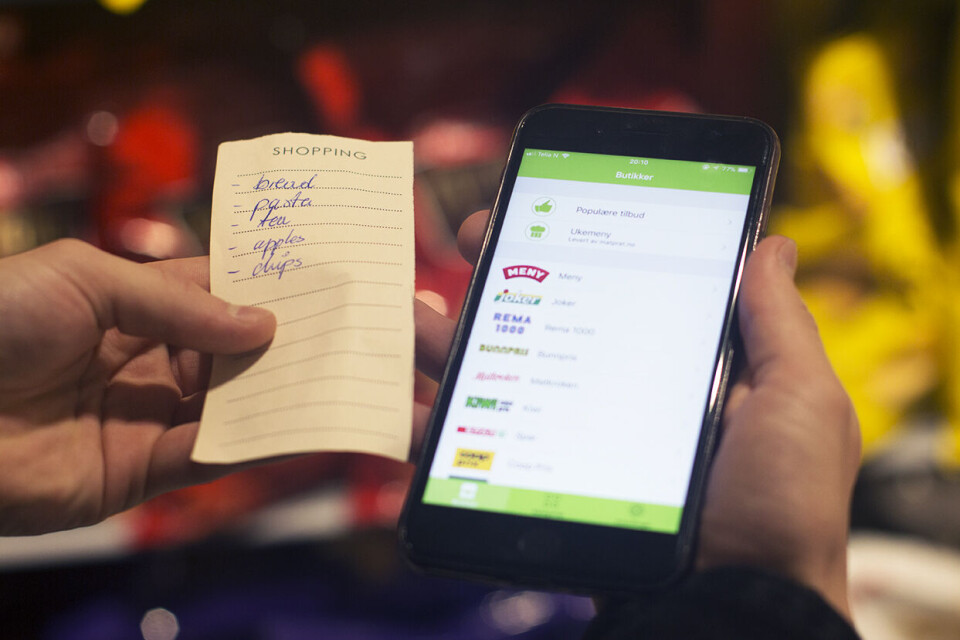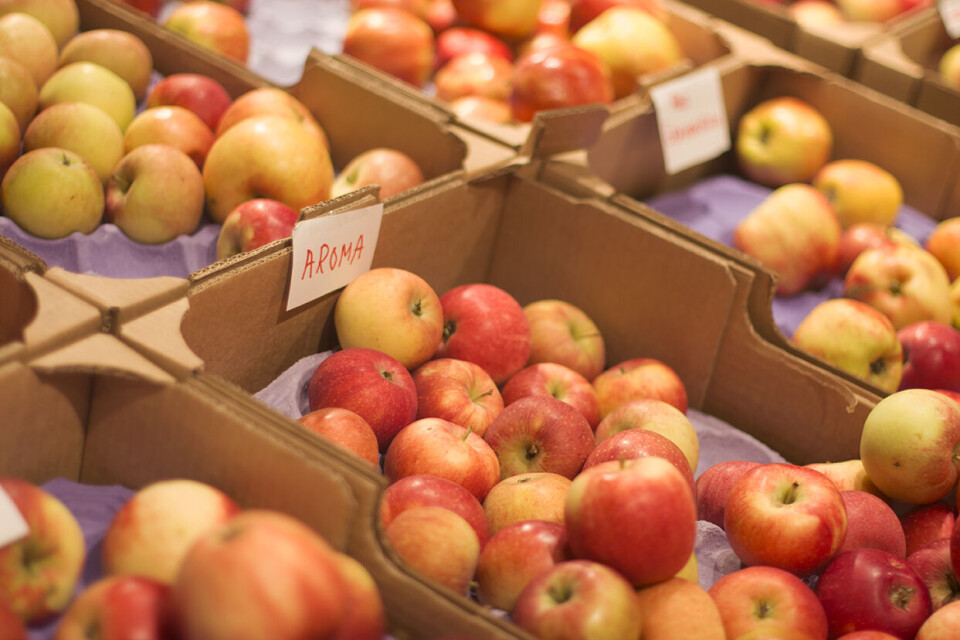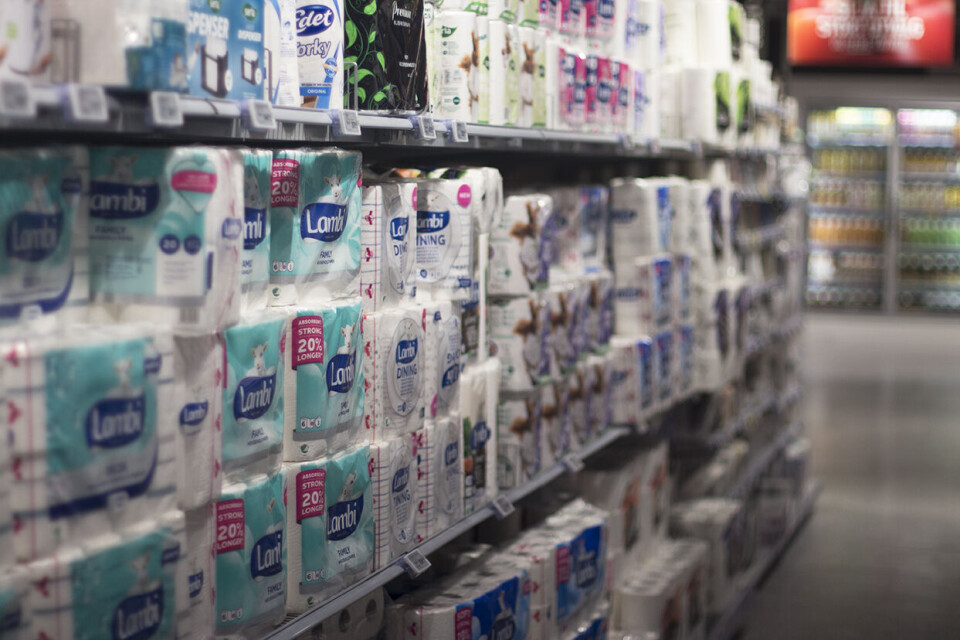Taking care of your economy while studying in Norway
Norway is the 4th most expensive country in the world.

According to the Cost of Living Index 2018 Mid-Year, four student towns in Norway, such as Stavanger (9th), Oslo (10th), Bergen (11th) and Trondheim (13th), are in the top 20 of the most expensive cities to live in the world. That means that the cost of living in these cities is the same like in New York City (12th) or even more expensive than in Tokyo (25th) and London (34th). Thus, both Norwegian and international students can have issues balancing their economy.
Law student Lucas Gely from Paris says that it is expensive in Norway, but that it depends on the products you want to buy.
— There are products that cost the same as in France. But things like alcohol and sweets are more expensive, as well as ingredients that you need to make food. The most necessary products that we need should be cheaper.
Gely has a few tips when it comes to saving money.
— You should always find products with the “first price” label on it and buy products in the duty-free stores before coming to Norway.

Look for discounts
There are a lot of sales in every supermarket each week. You can get discounts on food, drinks and washing supplies. The only thing you need to do it is get a customer newspaper from the store or you can find it on the Internet by writing the store’s name and then “kundeavis.”

Many supermarkets also have introduced discounts for expired food or food close to expiring. You can find these products on the special shelves and you might get a 50 percent discount or more.
Apps!
Almost every store here has their own app where you can see their discounts each week. For example, you can get a 10 per cent discount on fruit and vegetables by using the REMA 1000 app. There is also an app called “Mattilbud” where you can find customer newspapers from every supermarket in Norway. In addition, you can see the discounts by the category of food on the application.
Many restaurants and coffee shops have also introduced applications where you can get discounts as a student. 7-Eleven and Narvesen have some discounts on products for students. They have also a loyalty card called “lojalitetskort” on the left side of the app where you can get, for example, free coffee every 5th time you are buying it.
Look at the prices in the different stores
According to the newspaper VG, the cheapest grocery stores in Norway are Kiwi, Rema 1000 and Extra. However, the prices of a product can vary and you should check where a specific product is the cheapest. There are also a few international grocery stores in Bergen where some products can be cheaper, or you can find food from your country that you miss.
Experts tips
The independent student organisation “Økonomiformidlingen” gives advice to students and others on their personal economy. Advisers in “Økonomiformidlingen” Nathalie Thorstensen and Henrik Wærdahl have these additional tips for international students:
- Make an account in a Norwegian bank. It is free of charge to create and to end an account, and as a student you don’t have to pay an the annual fee. Thus, you will avoid fees that you might get by using foreign cards and currencies.
- It is advisable to set up a budget of revenues and expenses.
- It is also advisable to plan meals and do shopping only once a week. Then you won’t spend a lot of money on things you don’t really need.

















